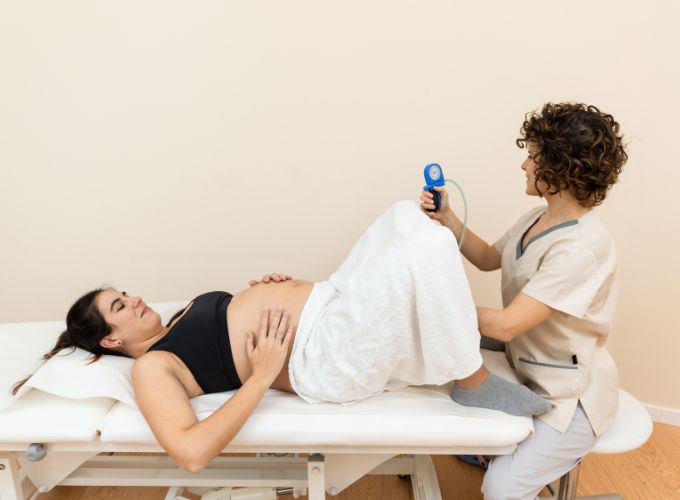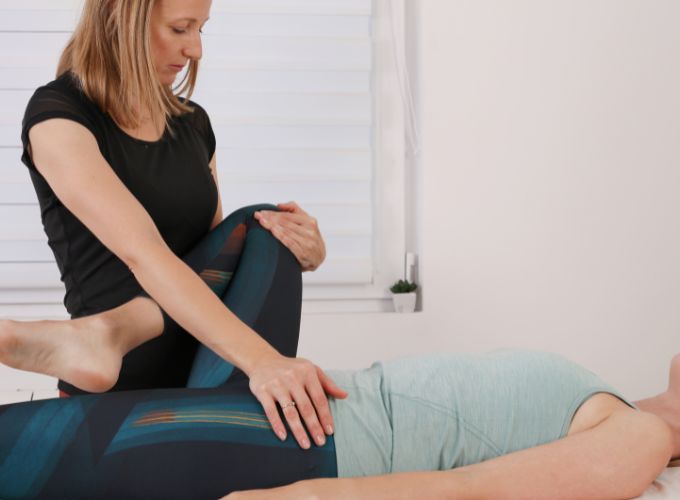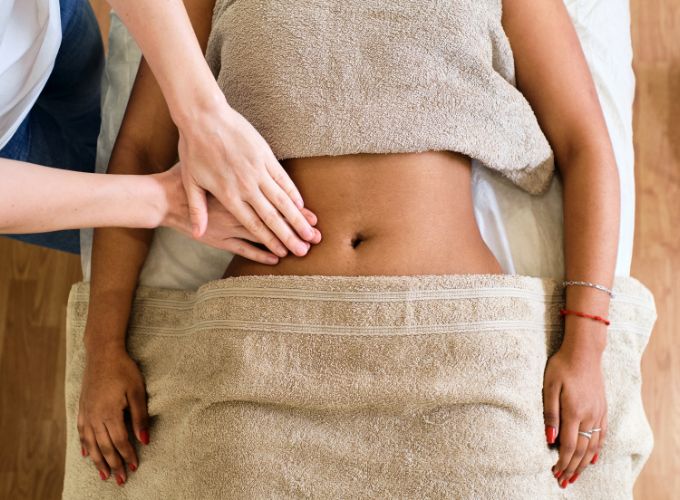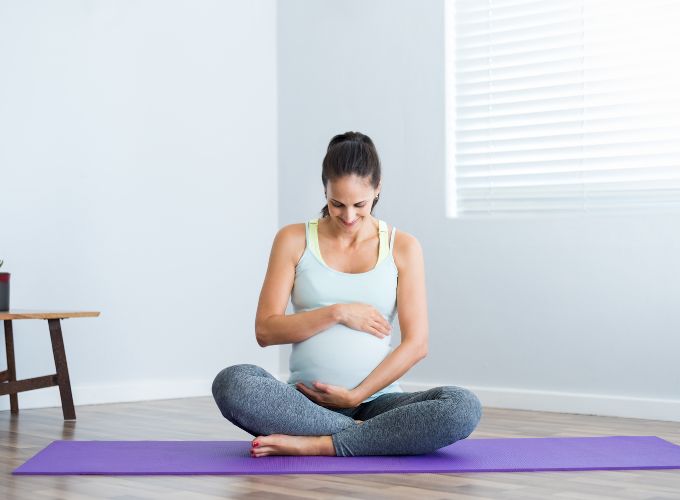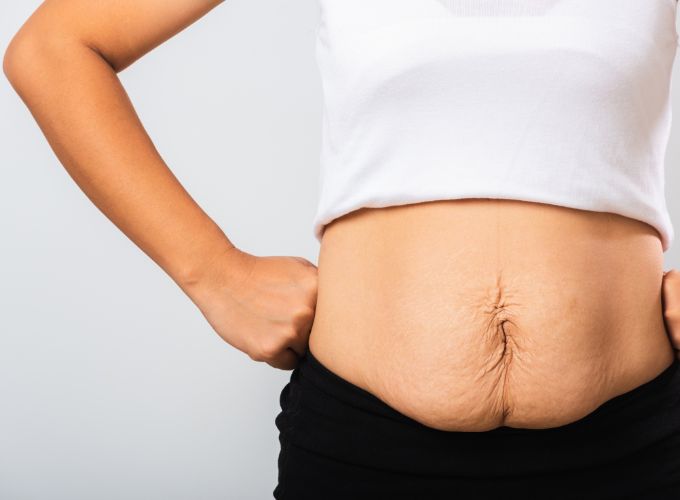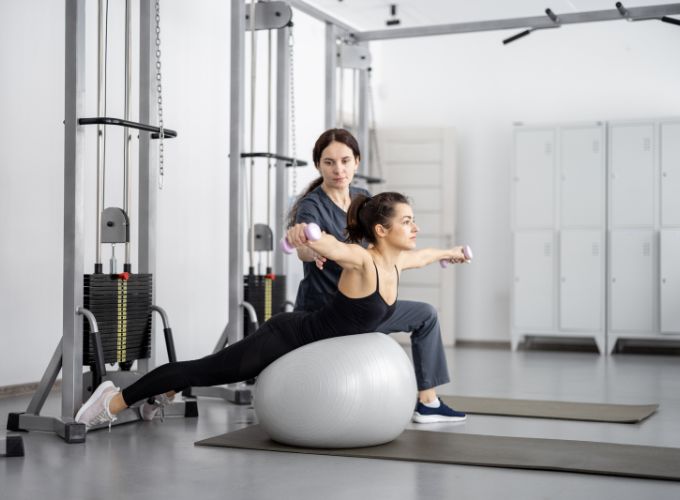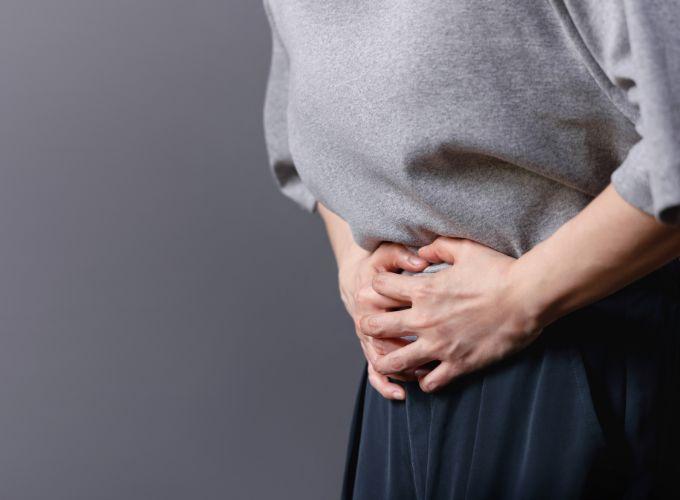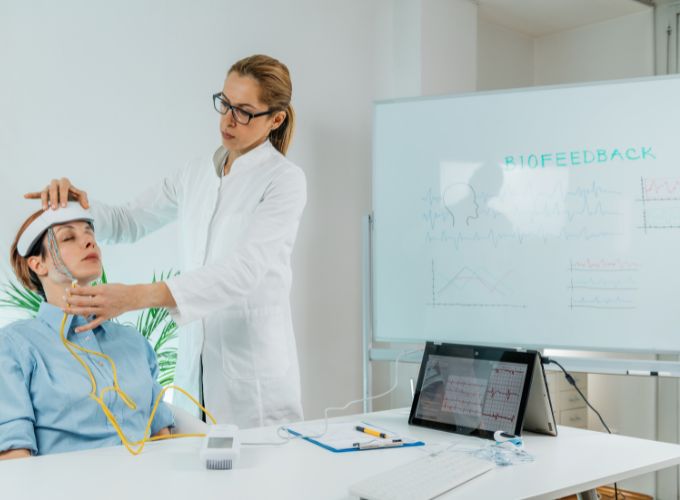Women’s Health Physiotherapy During Menopause
Menopause is a significant transition in a woman's life, marked by the end of menstrual cycles. This natural biological process usually occurs in women aged 40-60 and brings about numerous physical and hormonal changes. Women’s health physiotherapy can play a crucial role in managing and alleviating some of the common symptoms and health issues associated with menopause.
Schedule an appointment with one of our women’s health physiotherapists today and discover how we can help you.
Understanding Menopause and Its Impact
Menopause brings a decline in estrogen and progesterone levels, leading to a variety of symptoms:
Hot Flushes and Night Sweats
Vaginal Dryness
Urinary Incontinence
Bone Density Loss
Joint Pain and Stiffness
Mood Changes
Women’s health physiotherapy aims to address these symptoms holistically, improving quality of life during this transitional phase.
How we treat
Key Physiotherapy Techniques During Menopause
- Pelvic Floor Rehabilitation:
- Why It’s Effective: Strengthening the pelvic floor muscles can alleviate issues like urinary incontinence and vaginal atrophy.
- Techniques:
- Pelvic floor Exercises: Targeting and strengthening the pelvic floor muscles to improve bladder control.
- Biofeedback: Using devices to provide real-time feedback that helps in performing exercises correctly.
- Pelvic Floor Pilates: Incorporating movements that strengthen core and pelvic region muscles.
- Hormonal Balance and Bone Density Preservation:
- Why It’s Effective: Proper exercise and lifestyle modifications can help maintain hormonal balance and prevent bone density loss.
- Techniques:
- Weight-Bearing Exercises: Activities like walking, weight lifting, and resistance training help maintain bone density.
- Stretching and Flexibility Training: Prevents joint stiffness, improves mobility, and enhances muscle health.
- Management of Joint Pain:
- Why It’s Effective: Reducing inflammation and maintaining joint health to alleviate pain and stiffness.
- Techniques:
- Manual Therapy: Includes massage and mobilization techniques to improve joint lubrication and reduce discomfort.
- Therapeutic Exercises: Customized exercise plans to strengthen muscles around joints and improve mobility.
Menopause is a natural phase of life, but it doesn’t have to be a burden. With the support of specialized women’s health physiotherapy, you can navigate this transition with greater ease and confidence.
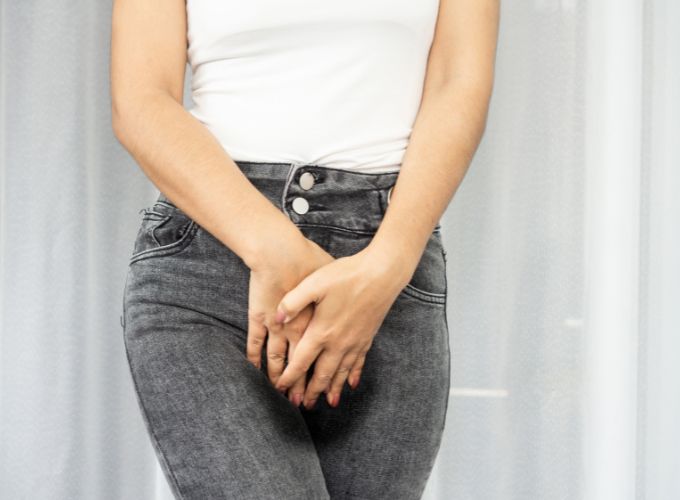
Book an appointment to find relief and improve your well-being.
Request an appointment with Perfect Balance Women’s Health Physiotherapy today
if you’re seeking effective pain relief and personalized care
The sooner you begin your treatment, the sooner you can start feeling better and regain control of your health.
Our women’s health physiotherapists are eager to help you regain your health and wellness.



